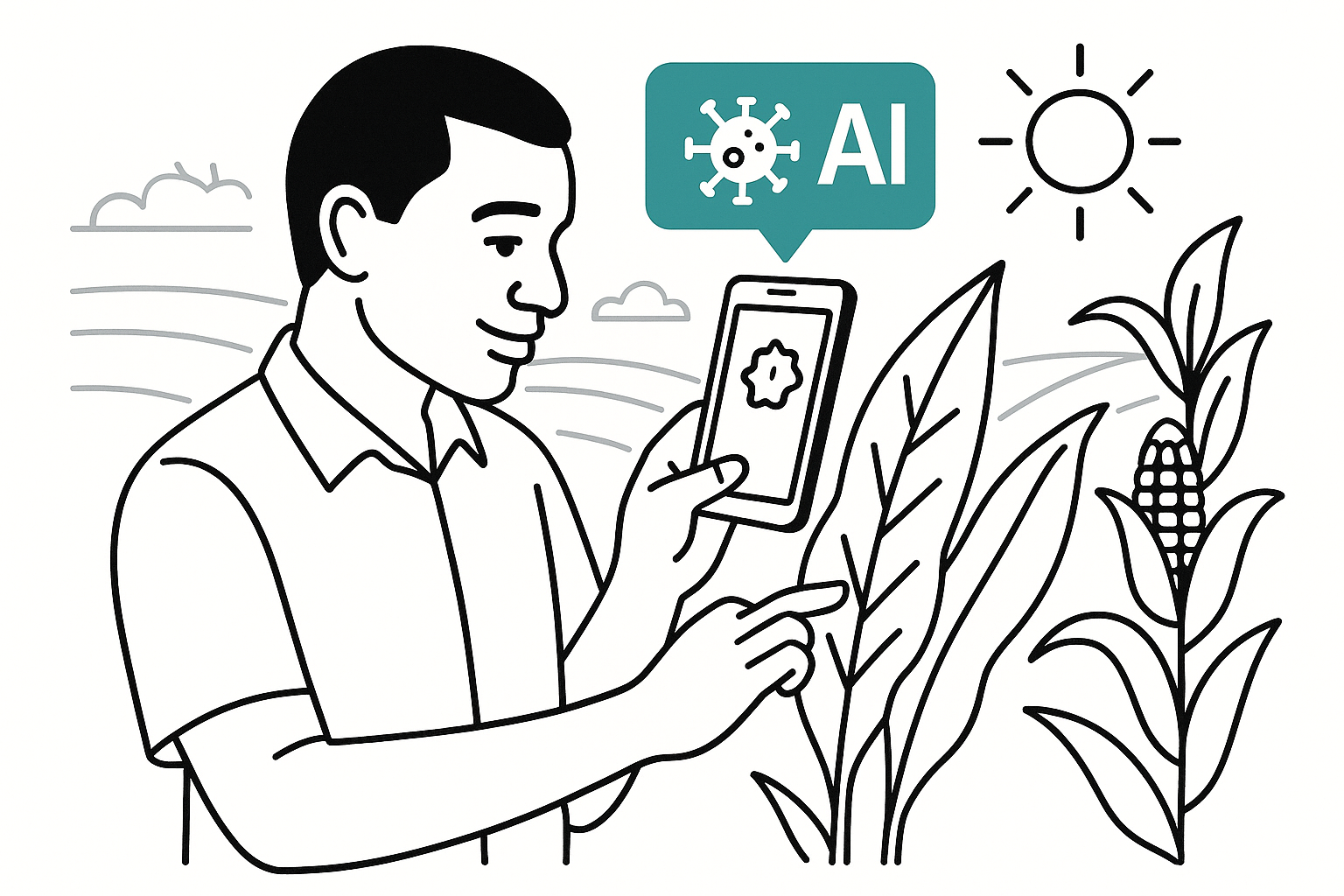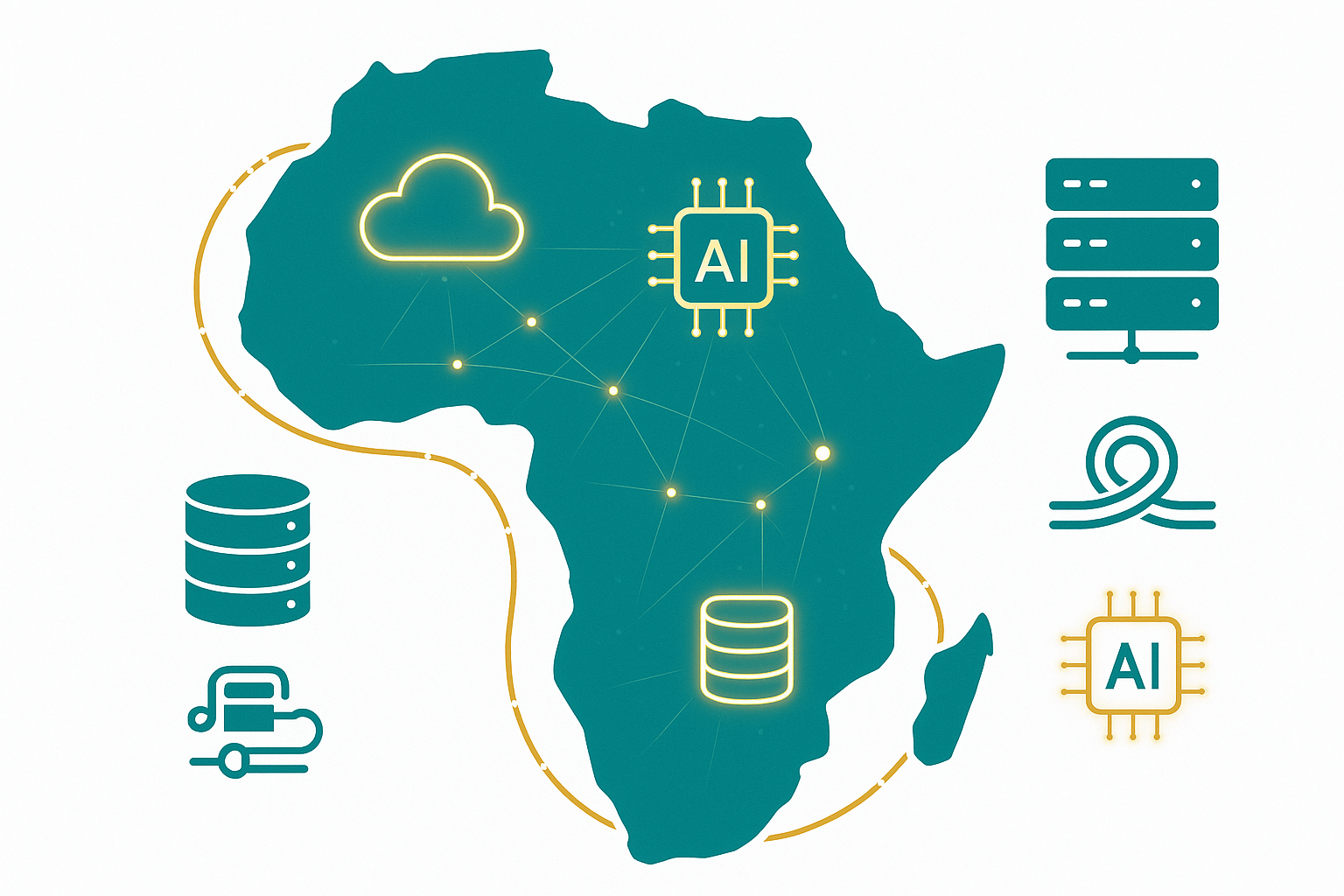
At the recent BRICS Education Ministers Meeting, Indonesia’s Education Minister made a powerful appeal to member nations: the time has come to embed artificial intelligence (AI) into educational systems to modernise classrooms, improve learning outcomes, and prepare students for a rapidly evolving global economy.
The minister emphasised that AI isn’t just a trend—it’s a tool that can redefine access, personalisation, and innovation in education, especially in emerging economies where infrastructure and educational equity remain pressing issues.
🌍 Why BRICS? Why Now?
BRICS—comprising Brazil, Russia, India, China, South Africa, and now expanded to include countries like Indonesia—is increasingly positioning itself as a global coalition of influence in economics, technology, and social policy. With over 40% of the world’s population represented, its educational systems shape the futures of billions.
Indonesia’s call was timely and strategic. As AI tools become more accessible, countries outside the Global North are seeking ways to use them not just to catch up—but to leapfrog traditional barriers in education such as teacher shortages, unequal access, and curriculum rigidity.
🎯 Key Recommendations from Indonesia
1. AI Literacy and Teacher Training
Indonesia proposed a BRICS-wide commitment to upskilling educators in the use of AI. Teachers should be equipped not only to use AI tools effectively but also to guide students through the ethical and practical dimensions of emerging technologies.
AI literacy must be treated as a core component of teacher education, not an optional skill. By empowering educators to become digital leaders, AI can amplify—not replace—their roles.
2. Inclusive and Equitable AI Implementation
The minister emphasised that AI must work to bridge the digital divide, not deepen it. In regions where access to quality education is already a challenge, AI tools can offer personalised tutoring, language translation, and remote access that transform rural classrooms into dynamic learning environments.
To achieve this, Indonesia encouraged BRICS countries to invest in shared digital infrastructure, low-bandwidth solutions, and content localisation.
3. Human-Centred and Ethical AI
Indonesia urged BRICS to adopt a values-based approach to AI governance in education. This includes building ethical guidelines to avoid data misuse, algorithmic bias, and student profiling—issues that disproportionately affect underrepresented communities.
By focusing on human rights, equity, and local values, AI tools can be designed to enhance learner agency and respect cultural contexts.
4. Collaboration Through BRICS Education Platforms
Indonesia also proposed strengthening BRICS educational institutions, such as the BRICS Network University and the Technical Cooperation Alliance. These could serve as hubs for AI curriculum co-development, open-source learning platforms, and joint research in education technology.
📚 Impact Across Emerging Economies
For countries like South Africa, Brazil, and India, Indonesia’s proposals open the door to a shared vision of educational transformation powered by AI. In large, multilingual, and economically diverse nations, AI tools can help personalise learning and reduce the burden on overstretched education systems.
For example, adaptive learning platforms can help non-native speakers access coursework in their native language. AI-powered assessments could reduce grading time, allowing teachers to focus more on creative and human-centred instruction.
⚠️ Challenges to Watch
While the vision is bold, implementation will not be without hurdles:
- Infrastructure: Many BRICS nations still face patchy internet connectivity, a lack of hardware, and outdated school systems.
- Data Protection Laws: Without transparent governance, AI tools in education may raise privacy concerns or legal conflicts.
- Affordability and Access: AI must remain affordable and inclusive, not just serve elite institutions or urban centres.
🧠 Final Thoughts from FanalMag
Indonesia’s message is clear: AI can be a great equaliser—but only if adopted with purpose, care, and collaboration. As BRICS nations strive to assert technological leadership, the education sector offers a unique chance to turn rhetoric into reality.
At FanalMag, we believe AI has the power to transform everyday life, and education is where that transformation must begin.
Join us as we track how emerging economies innovate for a more thoughtful and inclusive tomorrow.








